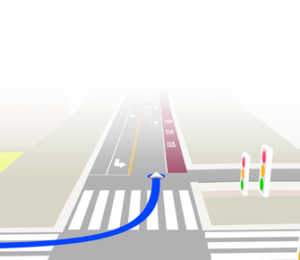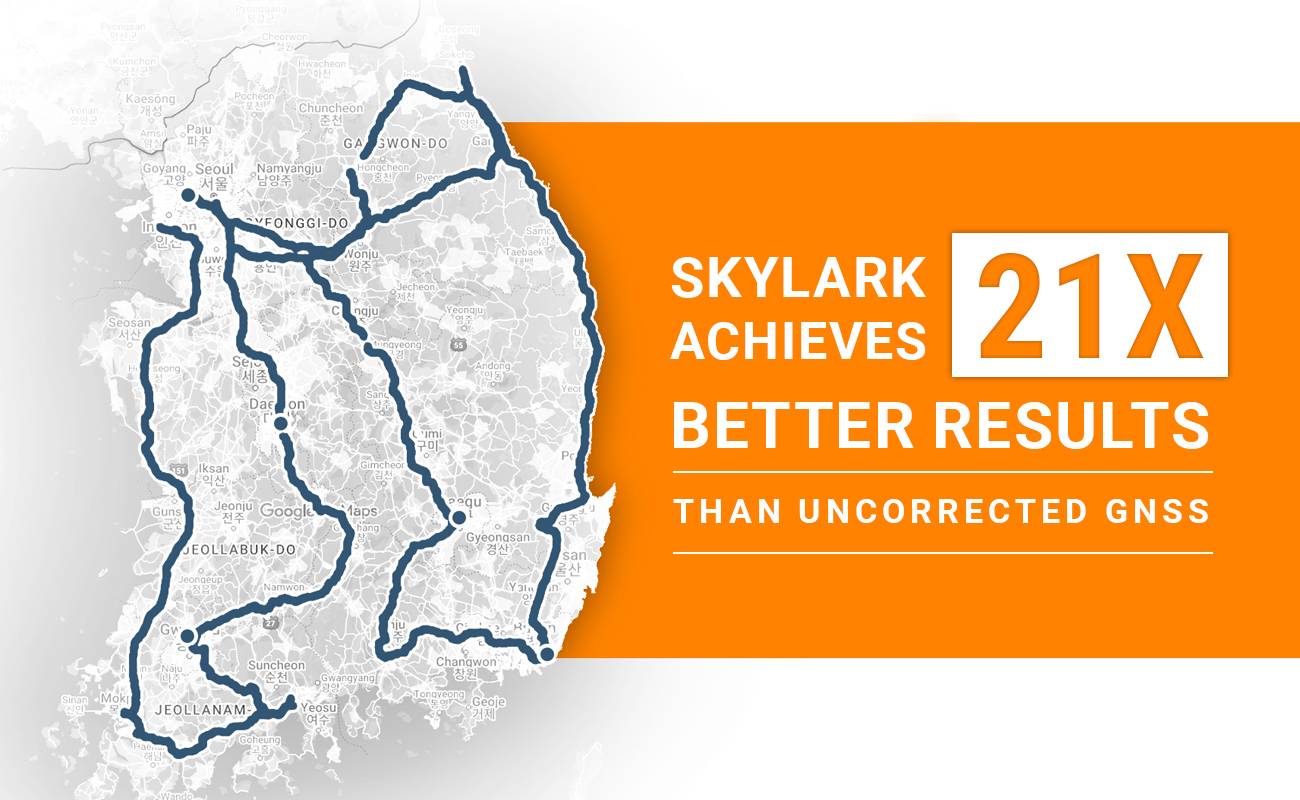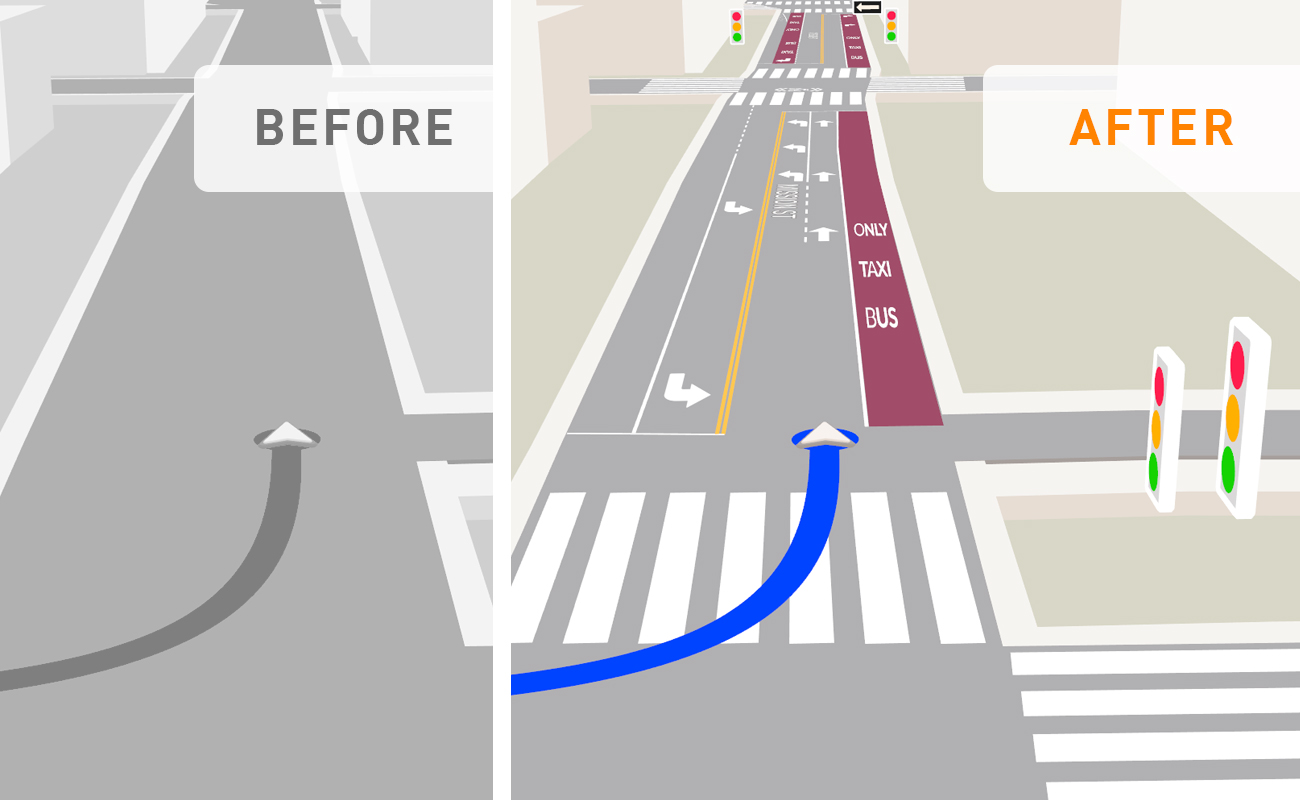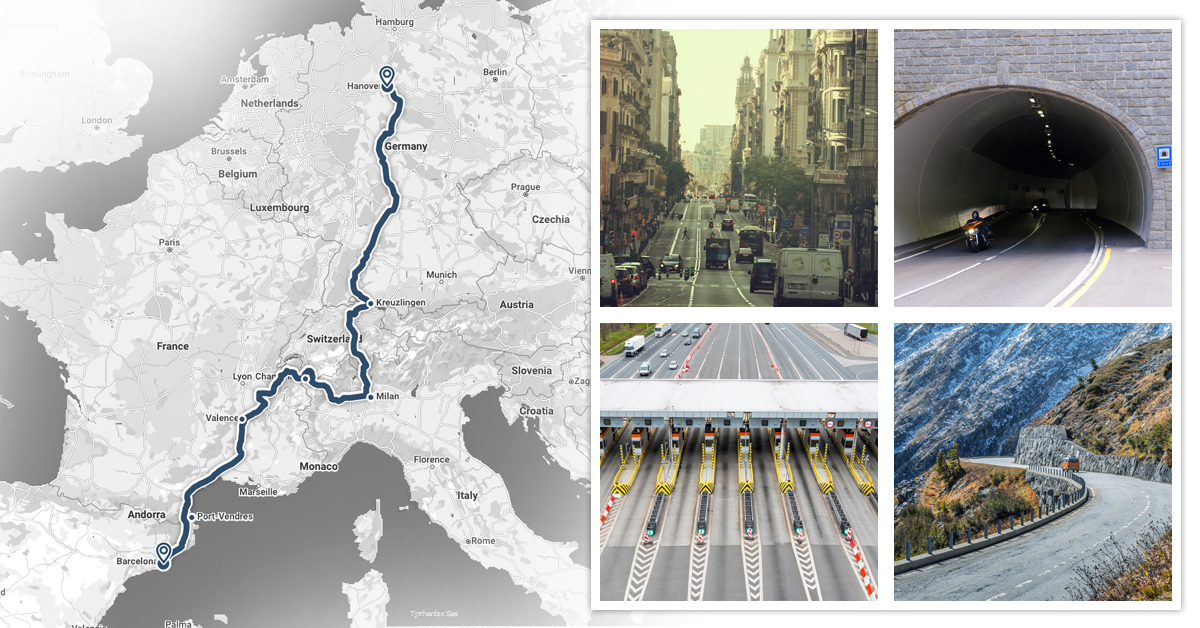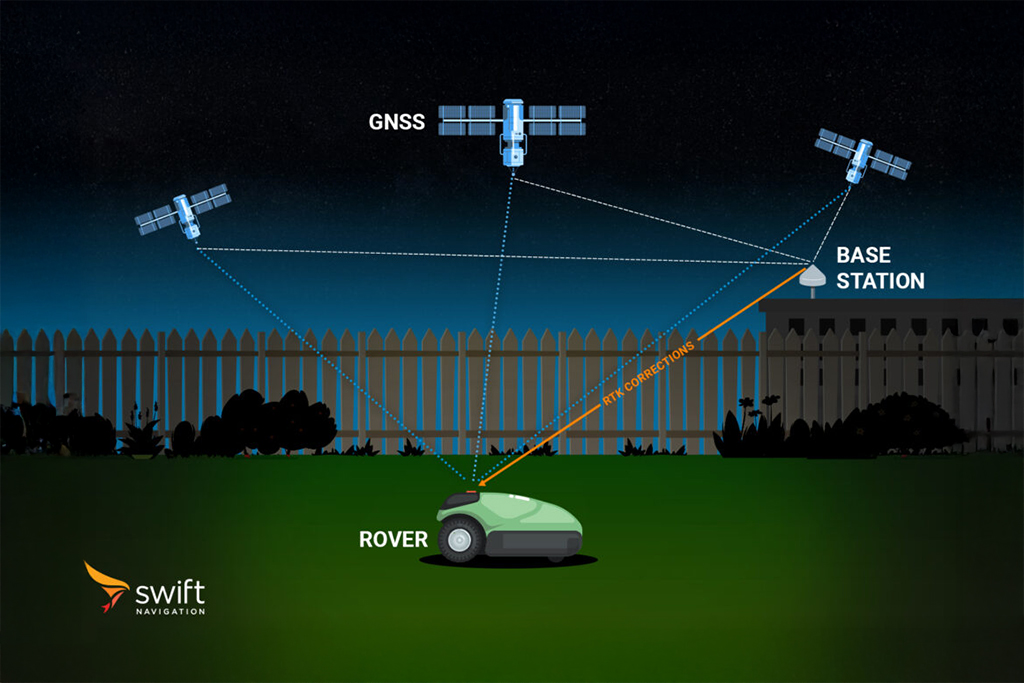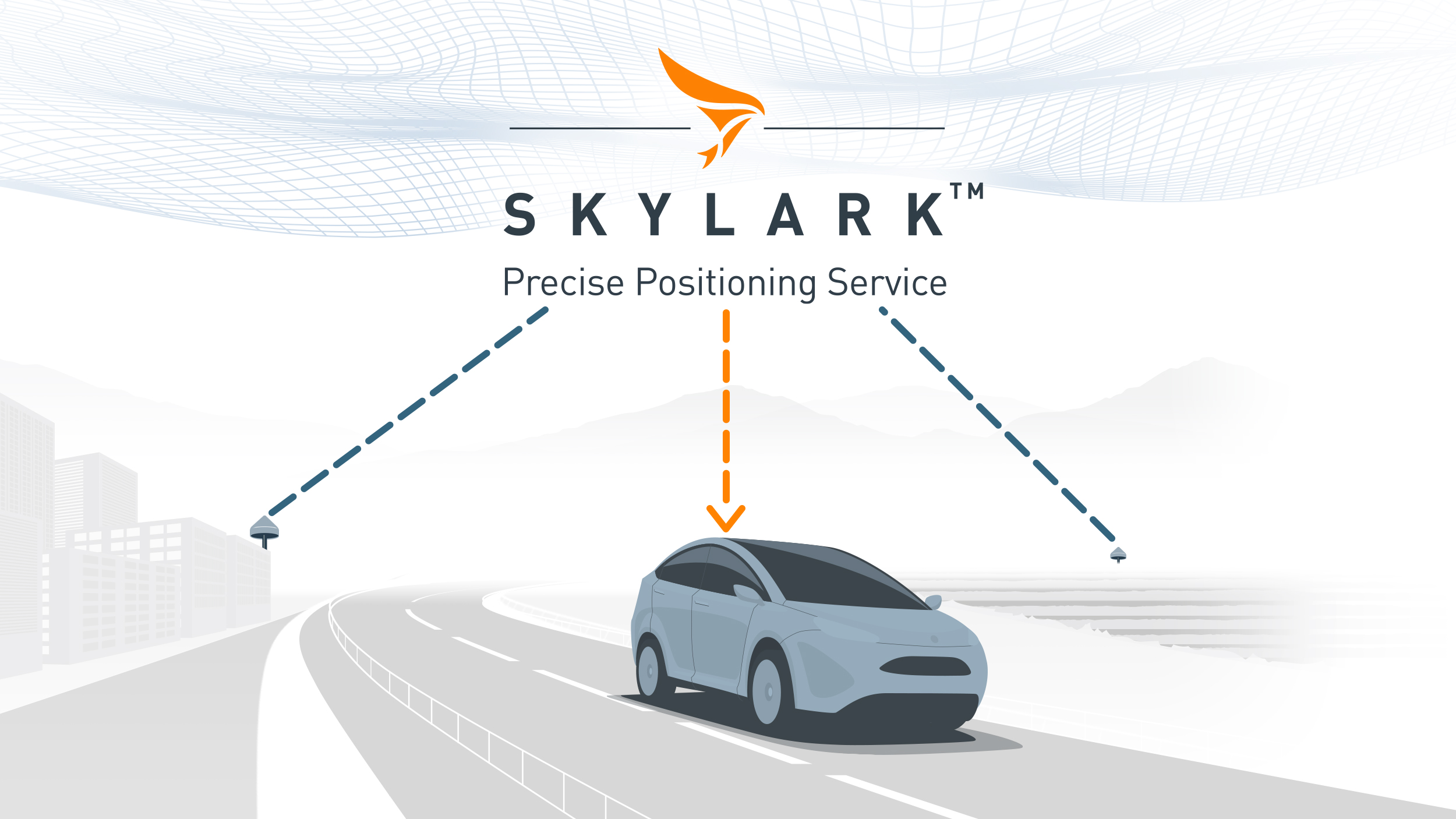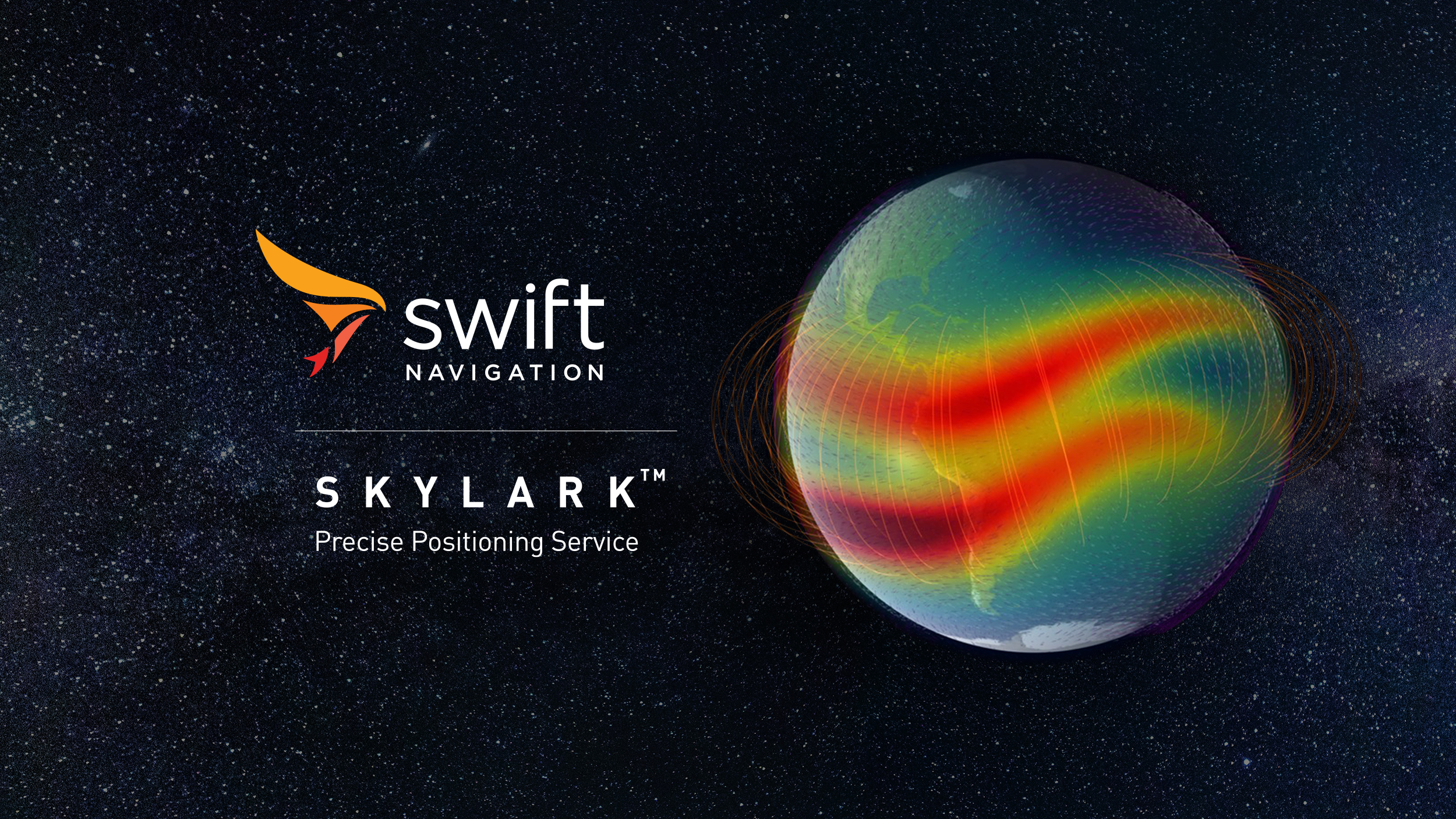What is ISO 21448 (SOTIF)?
ISO 21448, or Road Vehicles: Safety of the Intended Functionality (SOTIF), addresses safety risks that arise not from system failures but from functional insufficiencies or foreseeable misuse. Especially in advanced driver assistance systems (ADAS) and autonomous vehicles. Unlike ISO 26262, which focuses on hazards caused by faults or malfunctions, SOTIF deals with situations where a system behaves as designed but may still lead to unsafe outcomes due to limitations in sensing, perception, or interpretation.
The standard provides guidance on identifying potential hazards related to the intended functionality of E/E systems, analyzing unknown or unsafe scenarios (such as sensor misinterpretation due to environmental conditions), and validating that the system performs safely under a wide range of real-world conditions. SOTIF requires rigorous testing, simulation, and statistical analysis to uncover edge cases that could result in unintended behavior.
ISO 21448 complements ISO 26262 by ensuring that vehicles remain safe not only when components fail but also when they encounter unexpected or challenging situations during normal operation. It is particularly relevant for technologies like lane keeping assist or emergency braking systems, where environmental factors or user behavior can impact system performance.
ISO stands for the International Organization for Standardization. It is an independent, non-governmental international body that develops and publishes standards to ensure the quality, safety, efficiency, and interoperability of products, services, and systems across a wide range of industries.
Related Content
Automotive

Devon Sharp

Marwan Ramadan

Joel Gibson

Marwan Ramadan

Anthony Cole

Anthony Cole

Marwan Ramadan

James Tidd
GNSS Basics

Devon Sharp

Marwan Ramadan

Marwan Ramadan

Devon Sharp

Devon Sharp

Marwan Ramadan

Devon Sharp









